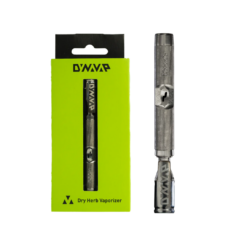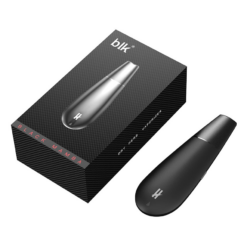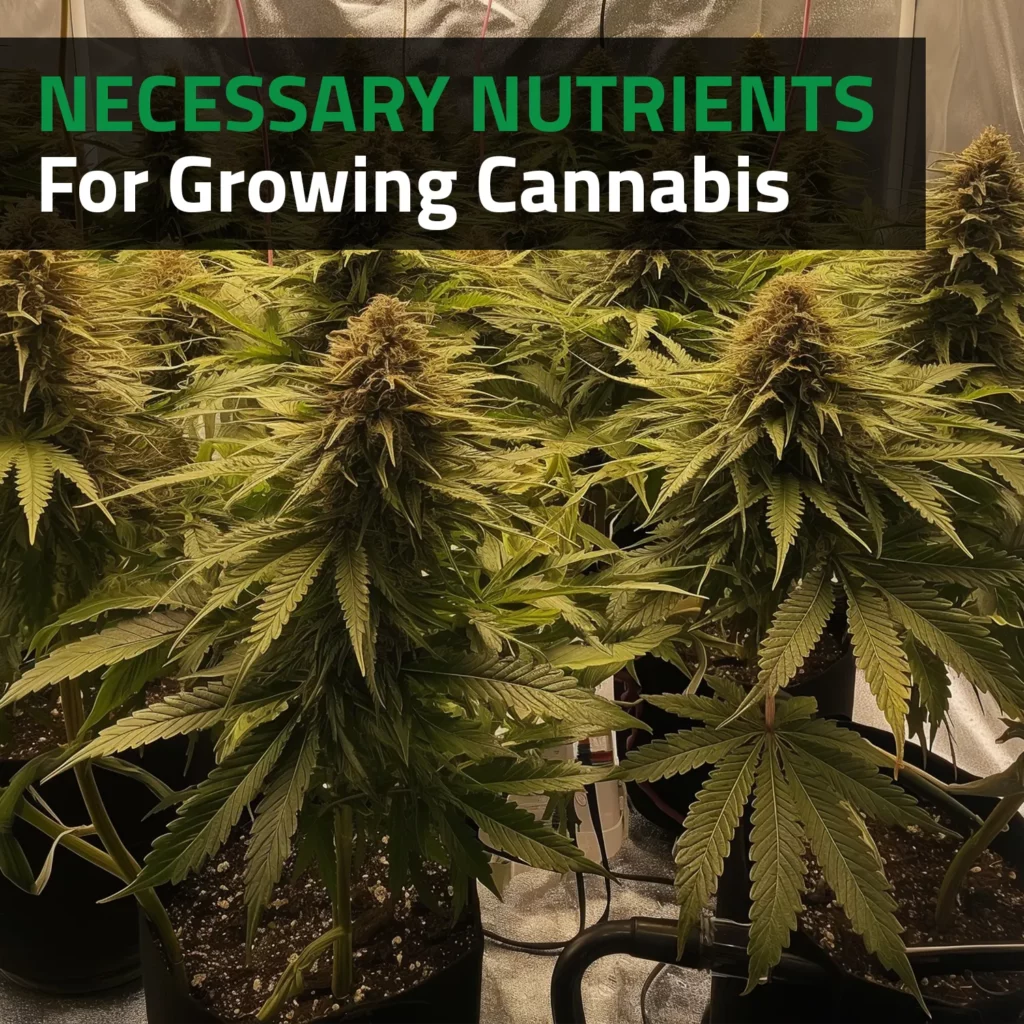Growing cannabis is a complex process that requires a balanced supply of nutrients for a successful harvest. Depending on the growing method you use, your cannabis plants may require different nutrients and feeding solutions at different times. In this article, we will cover the primary cannabis nutrients you will need, the best plant food options, and how to choose nutrient solutions to keep your plants healthy.
Main Cannabis Nutrients
The essential nutrients you will need for your cannabis plants include:
- Nitrogen (N)
- Phosphorous (P)
- Potassium (K)
Nitrogen (N)
Nitrogen is one of the most important nutrients for healthy growth. Nitrogen is traditionally absorbed from the soil, but if you are using a hydroponic system or growing under LED lights, you will need to use specific cannabis fertilisers.
Cannabis plants require high amounts of nitrogen during their vegetative stage to produce lush, green foliage. However, the need for nitrogen decreases as the plant transitions to flowering. Excess nitrogen during the flowering stage can lead to underdeveloped buds, so it is important to monitor nutrient levels and keep them balanced.
Phosphorus (P)
Phosphorus is especially important during the flowering stage. In hydroponic systems, phosphorus is supplied through specially formulated cannabis fertilisers. Phosphorus accelerates the plant’s metabolism, which promotes faster growth and stronger root systems.
Phosphorus is particularly important for the formation of flowers and fruits. Without sufficient phosphorus, cannabis plants will struggle to develop properly. Consider using bloom fertilisers, bone meal, or bat guano to support flowering as they are rich in phosphorus.
Potassium (K)
Potassium helps to maintain overall cannabis plant health by supporting nutrient absorption and enzyme activity. In soil-based growing systems, potassium can be found in mineral deposits or organic matter like compost. For hydroponic setups, potassium must be included in the nutrient solution.
Potassium is especially important when using LED lights as full-spectrum LED grow lights help with nutrient absorption. Be sure to monitor potassium levels carefully as too much can lead to toxicity, which may harm your plants.
Additional Cannabis Nutrients
Some additional nutrients that are also important for cannabis plant growth include:
- Magnesium (Mg)
- Calcium (Ca)
- Non-mineral elements
Magnesium (Mg)
Magnesium is a key component of chlorophyll, which is necessary for photosynthesis in cannabis plants. Without enough magnesium, plants cannot efficiently convert sunlight into energy. This leads to reduced growth and smaller harvests.
Magnesium also aids in glucose metabolism. If your cannabis plants show signs of magnesium deficiency, you can use plant food like Epsom salt or magnesium-rich fertilisers.
Calcium (Ca)
Calcium is essential for healthy root development and strong cell walls in cannabis plants. In soil, calcium is generally available in sufficient quantities. In hydroponic systems, calcium supplementation is usually necessary, especially when using UV grow lights.
Calcium helps to improve the absorption of other nutrients, making it an essential part of any nutrient plan. You can use calcium carbonate or a calcium supplement to ensure your plants are getting the right levels of this nutrient.
Non-Mineral Elements
In addition to these key nutrients, cannabis plants require non-mineral elements like carbon, hydrogen, and oxygen. These elements come from water and air, and are essential for plant growth.
Cannabis Nutrient Ratios And Feeding Schedules
The frequency and type of nutrient solution you need to apply will depend on the growth stage of your cannabis plants:
- Seedling stage: Apply a mild nutrient solution every 2-3 days.
- Vegetative stage: Increase nutrient concentration and apply every 2-4 days.
- Flowering stage: Use a phosphorus and potassium-rich solution every 2-3 days.
N:P:K Ratios For The Vegetative Stage
During the vegetative stage, the recommended N:P:K ratios are:
- Early vegetative stage: 2:1:3 (N:P:K)
- Mid-vegetative stage: 4:2:3 (N:P:K)
- Late vegetative stage: 10:5:7 (N:P:K)
N:P:K Ratios For The Flowering Stage
In the flowering stage, cannabis requires less nitrogen and more phosphorus and potassium:
- Early flowering stage: 5:7:10 (N:P:K)
- Mid-flowering stage: 6:10:15 (N:P:K)
- Late flowering stage: 4:7:10 (N:P:K)
It is also essential to flush the plants with plain water after harvesting to remove any excess nutrients.
Nutrient Deficiencies And Nutrient Burn
You will need to adjust your solutions based on whether your plants show signs of nutrient deficiency or nutrient burn.
Nutrient Deficiencies
- Yellowing leaves: May indicate a nitrogen or magnesium deficiency.
- Brown or rusty spots: Could be caused by a lack of calcium, phosphorus, or potassium.
- Purpling or reddening stems: Usually indicates a phosphorus deficiency.
- Leaf curling or deformation: Often points to calcium or boron deficiencies.
Nutrient Burn
- Burnt leaf tips: This is usually caused by over-fertilisation – simply reduce the amount of nutrient concentration you are feeding your plants.
- Dark green leaves: Excess nitrogen is likely the cause for leaves that are a darker shade of green than usual. Aim to reduce nitrogen-rich fertilisers.
- Leaf curling: Nutrient stress usually happens due to overfeeding. Flush your system with water to remove excess nutrients.
How To Prevent Nutrient Burn
To have the best chance at preventing nutrient burn, start with lower nutrient concentrations and gradually increase them as necessary. Always check the pH of your growing medium to maintain optimal nutrient uptake – a range of 5.8 to 6.2 is ideal for cannabis.
Maintaining the right balance of essential nutrients is key to ensuring successful cannabis cultivation. Nutrients like nitrogen, phosphorus, potassium, magnesium, and calcium are important at different stages of the plant’s life cycle, from seedling through vegetative growth to flowering. Each nutrient plays a specific role in plant development, and understanding how to use them effectively – whether growing in soil or with a hydroponic system – can make a big difference in the health and productivity of your crop.
Monitoring pH levels, using appropriate fertilisers, and avoiding common issues like nutrient deficiencies or nutrient burn are all critical components of a well-rounded nutrient management strategy. Whether you are a home grower or running a commercial operation, following a structured nutrient plan tailored to the specific needs of your plants will help you achieve optimal results and a successful harvest.
-
 DynaVap – “M7” VaporizerR1,750.00Rated 5.00 out of 5 based on 1 customer rating
DynaVap – “M7” VaporizerR1,750.00Rated 5.00 out of 5 based on 1 customer rating -
 DAVINCI MIQRO-C VaporizerR2,750.00Rated 5.00 out of 5 based on 1 customer rating
DAVINCI MIQRO-C VaporizerR2,750.00Rated 5.00 out of 5 based on 1 customer rating -
 BLK Black Mamba Dry Herb VaporizerR850.00
BLK Black Mamba Dry Herb VaporizerR850.00 -
 BLK Kiss Dry Herb VaporizerR1,050.00
BLK Kiss Dry Herb VaporizerR1,050.00






